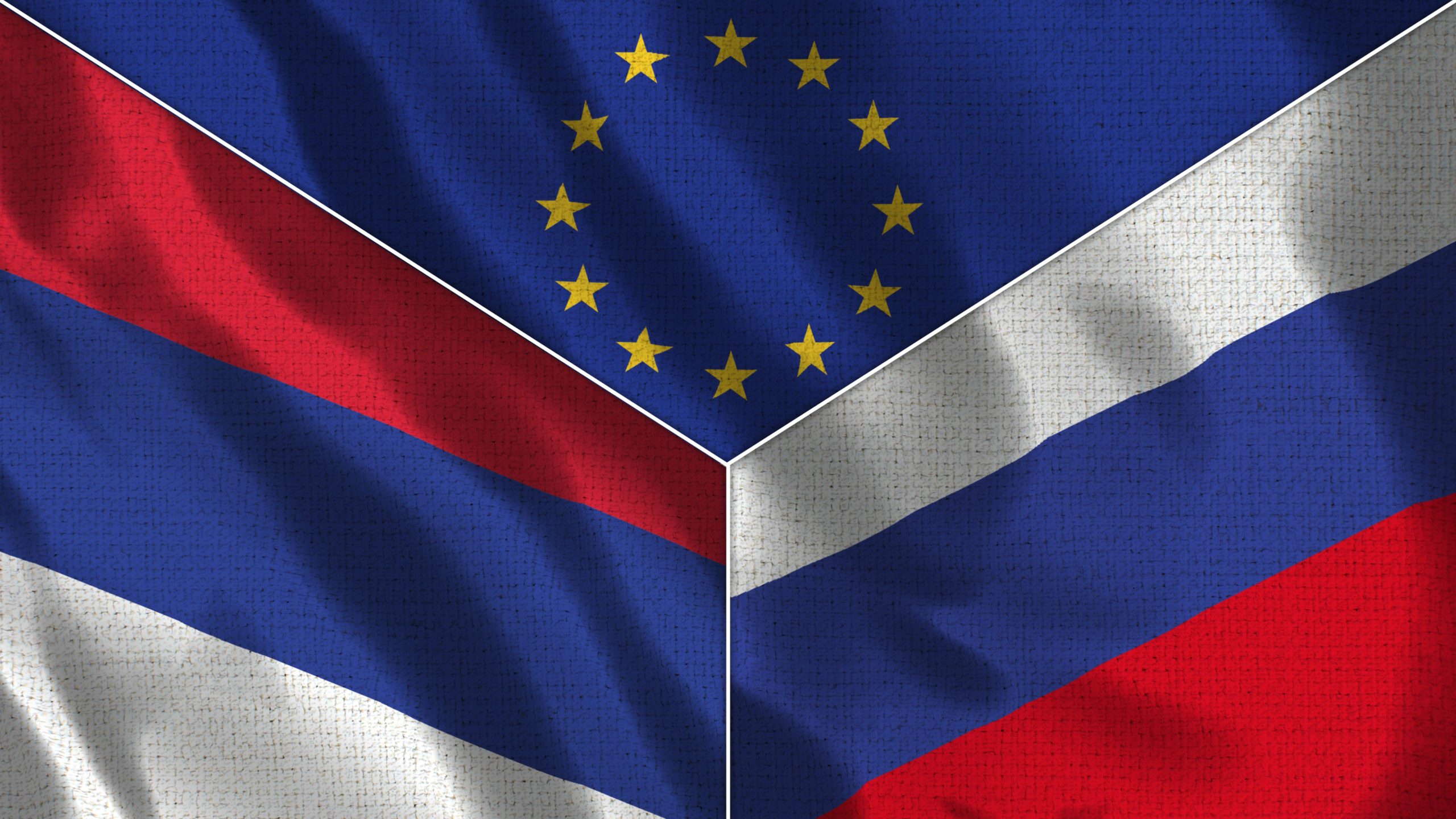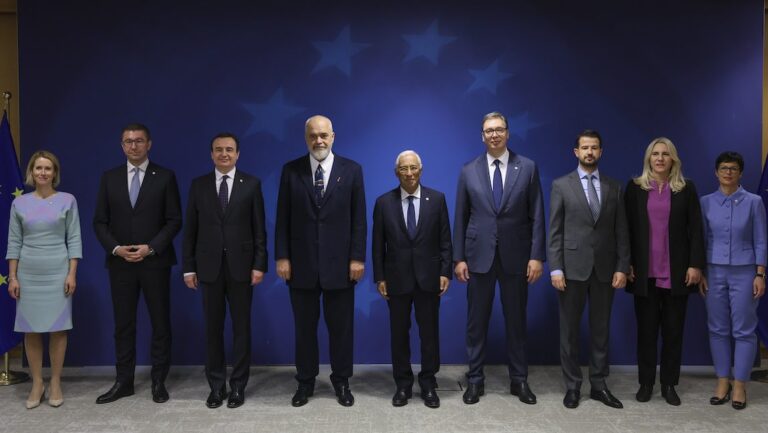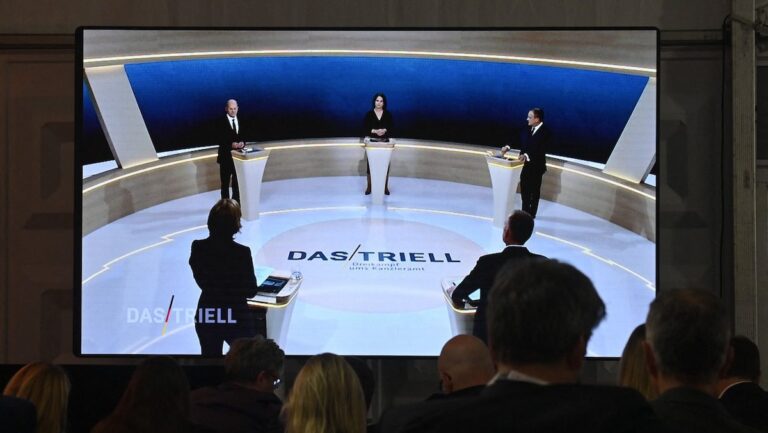Serbia and Russia, long-time historical allies, have met a breaking point. Serbian President Aleksandar Vučić announced on Wednesday, September 28th, that Serbia will not recognise the results of the referendums held in the eastern Ukrainian regions occupied by Russia. While some Serbian politicians had offered their support to Russia, the president’s decision corrects any previous gestures in Russia’s favour.
Part of the Serbian president’s motivation can be understood in terms of its objective to join the EU. Recent statements by the spokesman of the European Commission had made it clear that states in the process of negotiating EU membership, such as Serbia, are not to strengthen their ties with Russia. “Serbia will not recognise the referendums as it adheres to international law, the United Nations Charter, and UN resolutions,” said President Vučić.
The Balkan state is completely reliant on Russian gas, and therefore has not joined European sanctions against Russia. But due to its continued conflict with the breakaway state of Kosovo, Serbia is naturally careful to support secession movements elsewhere. Russian President Putin has repeatedly drawn comparisons between his referendum strategy and the success of Kosovo—which earned European recognition as an independent state—to justify his actions. Serbia has baulked at using Kosovo as an example of the application of the right of self-determined peoples.
“We are protecting our own territorial integrity and it is in our best interest to protect the territorial integrity of other internationally recognised countries,” said the Serbian president.
This notion was supported by Serbian foreign minister Nikola Selaković, who said in a press conference that it “would be completely contrary to our national and state interests, the preservation of sovereignty and territorial integrity and the inviolability of borders.”
While Serbia’s stance doesn’t come as a surprise given its own situation with Kosovo, doubts may have arisen in recent weeks over the steadfastness of Belgrade’s position. The Russian news agency TASS quoted Vojislav Šešelj, the head of the Serbian Radical Party, on September 20th as saying that “this referendum is in full compliance with the United Nations Charter. Russians in these regions have lived under the threat of extermination by the neo-Nazi regime in Kyiv. They enjoy the indefeasible right to self-determination, secession, and accession to their motherland.” However, the former party of Slobodan Milošević has turned into a fringe party over the last years. During the last election in 2022, Šešelj only amassed 2.22% of the votes and didn’t make the parliament for the 4th time in the past five elections.
Nevertheless, Selaković’s recent agreement on consultations for 2023/24, signed by Serbia with Russia, delivered ample cause for worries in Brussels. The spokesman of the European Commission, Peter Stano, directed a clear message at Serbia on September 27th, only one day before President Vučić’s announcement: “Serbia cannot strengthen ties with Russia because the country has increased the number of crimes, aggression, and clashes in Ukraine.”
“The EU was very clear that its partner states, especially those negotiating an entry into the Union, including Serbia, cannot maintain relations with Russia-as-usual, because it’s a regime responsible for so many crimes and misdeeds,” said Stano, adding that the agreement between Serbia and Russia was a cause for “serious concern.” This notion was also supported by the U.S. Ambassador to Serbia, Christopher Hill, who told reporters that while “it’s not completely clear” what the document contains, “at this point, no one should sign anything with Russia.”





